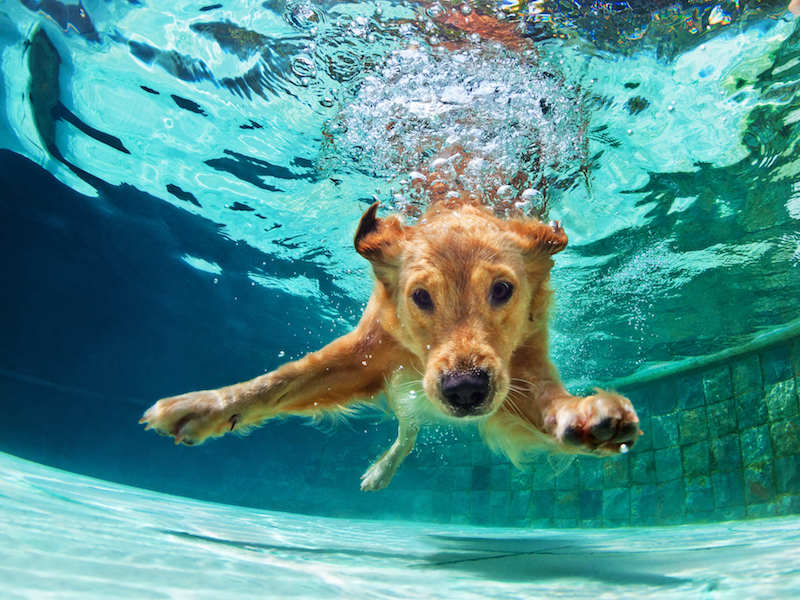
There are a lot of different things that can harm the delicate that makes a hearing aid work the way it does, but not many have the impact of water. Hearing aids seem to self-destruct under extreme moisture conditions. Taking that into consideration, humidity is a huge problem.
Invisible moisture has the highest chance of causing permanent damage. It’s time to understand more about why humidity is a negative thing for hearing aids.
Let’s Talk About Humidity
Despite the fact that the word humidity is very common, what does it really mean? PBS defines humidity as water molecules in the air. When displayed as a percentage, for example, the relative humidity is 40 percent today, it refers to the amount of water vapor in the air compared to what air could hold. When you can feel wetness in the air, that means the relative humidity is high.
Humans cool down their body by sweating so that makes us very sensitive to humidity. When humidity levels are too high our sweat will not evaporate as quickly. Electronics are also susceptible to humidity and that is why it has such a detrimental effect on hearing aids.
Why Electronics Have an issue with Humid Weather
Strangely enough, electronics are not just sensitive to high humidity but low levels as well. When water vapor percentages are high condensation can accumulate on the delicate elements that make electronics function, and low humidity can result in brittle core materials.
Hearing aids rely heavily on internal electronics to work. Modern digital hearing aids use a sophisticated audio processing chip to manage noise. Because of this, you get awesome features like:
- Noise reduction
- Anti-feedback
- Targeted listening programs
- Digital sound streaming
High humidity causes moisture to accumulate in the hearing aids damaging that chip. It can corrode elements inside the casing and destroy batteries also. It’s the same as dropping your hearing aid in a sink of water.
How to Manage Humidity
If you are shopping for hearing aids, try to find products that are water-resistant. This feature will give you some protection from humidity and wet weather, but you still can’t swim with them in.
When it’s very humid try to decrease indoor water vapor by using a dehumidifier. It’s an investment that will help you and your family in numerous ways and protect other electronic devices like that costly TV you got for Christmas. Dust mites, mildew, and mold thrive in moist environments so a dehumidifier will improve the quality of breathing as well. Although a house or room dehumidifier will help protect your hearing aids, it’s not enough. You will need to take other steps at the same time.
Look for the dehumidifier made for hearing aids. They come at all costs levels. Drying kits rely on silica gel crystals to protect the electronics. Moisture is eliminated by putting the hearing aids into the dehumidifier for a couple of hours. Drying your hearing aids as you sleep at night can be done using specially designed storage containers. If it is very humid and you have no other way, uncooked rice can reduce moisture.
Get in the habit of opening the battery compartment every time you store your hearing aids. When you expose the battery and inner elements to air by leaving the door open, condensation can evaporate by itself. Don’t just do this in the summer, do it all year round.
Always store your hearing aids in a cool, dry place. On the table in the sun, in the glove compartment, or in a hot room are examples of where not to store your hearing aids.
Thinking Past Humidity
Damage can be caused by other types of wetness. Take precautions to protect them from other kinds of wet such as:
- Don’t touch your hearing aids with hands that are still moist from lotion.
- Find a safe place to store your hearing aids if headed for the pool or beach.
- Wear a sweatband when exercising. If you are wearing your hearing aid then it’s a good idea in general. Later that sweat will cause problems.
- Try not to put your hearing aid down on wet surfaces. You don’t want to place it in a wet spot left by a glass or coffee cup.
Your hearing aids are a valuable asset, so treat them that way. Consider how moisture and humidity can impact them and take steps to prevent water damage. If your hearing aid already has water damage make an appointment for service with a hearing aid specialist.

